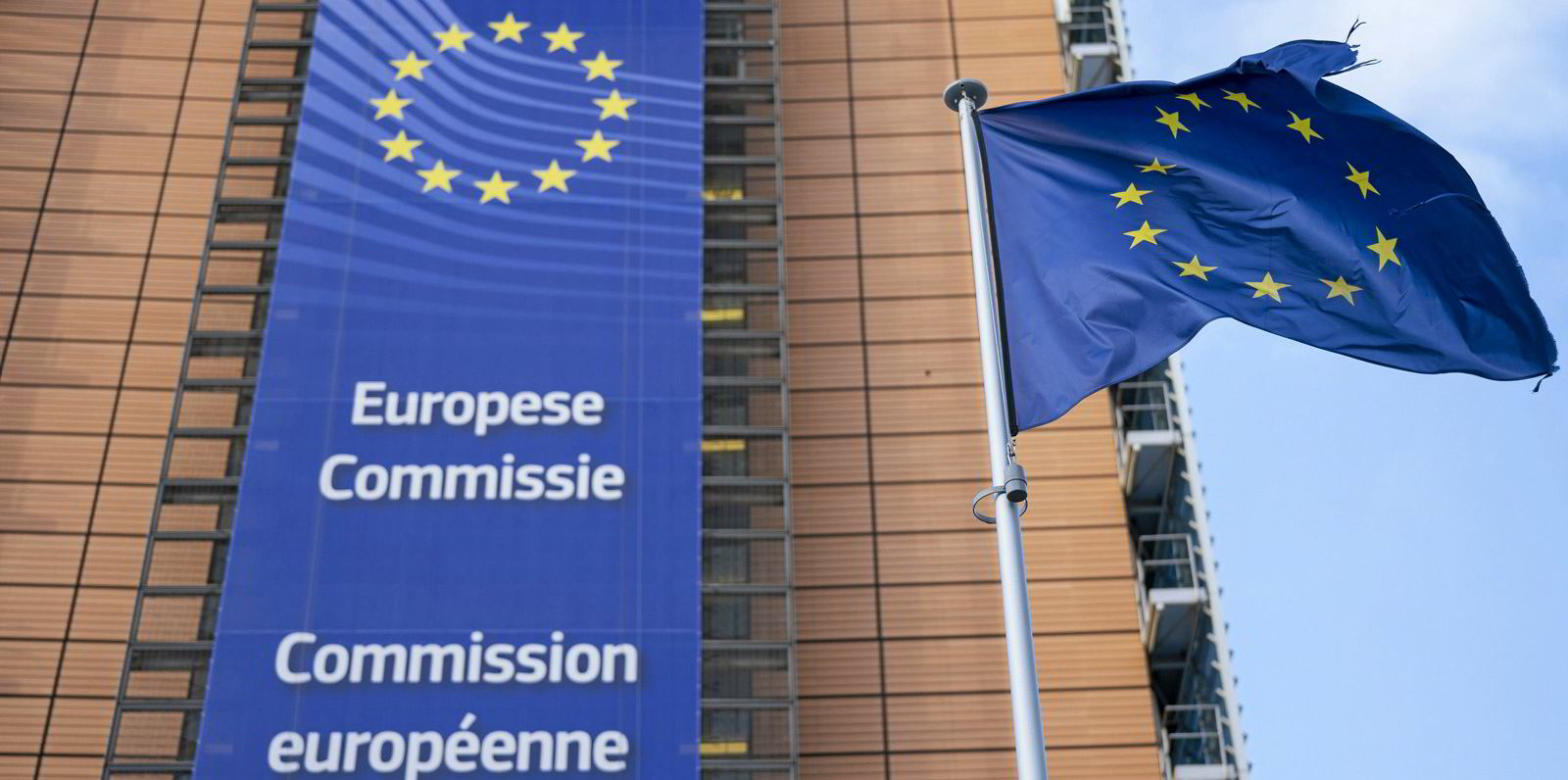Dry bulk industry association Intercargo has emerged as the only other backer of the International Chamber of Shipping’s (ICS) proposal for a carbon levy on shipping’s greenhouse gas emissions.
The joint proposal was put before the International Maritime Organization for discussion on decarbonisation measures scheduled for later this year.
The proposal involves the establishment of a levy on carbon emissions. The funds raised would be used to finance the technology and the infrastructure required to transition the shipping industry to low-carbon fuels.
Intercargo’s backing is significant as there are around 12,000 bulk carriers in operation accounting for 43% of the world fleet. Around 25% of the dry bulk fleet is controlled by Intercargo members.
Intercargo secretary general Kostas Gkonis said the association has been a long-standing supporter of a levy scheme as “the most appropriate global market-based measure for the further reduction of greenhouse gas emissions”.
A key point will be who pays for the as yet unspecified tax. The levy will be applied on carbon emissions, but the bunker fuel is usually purchased by the charterer.
Gkonis points out that the carbon emissions are directly related to the amount of fuel purchased. While he says that the details of the proposal need to be debated at the IMO he believes it should be the “responsible commercial entity that bears the cost”.
Gkonis said Intercargo wants to be a “constructive” participant on the IMO discussions to hammer out the details of the levy. “Before implementing a levy-based market based measure, a comprehensive impact assessment would be required,” he said.
Intercargo, like the ICS, is also strongly against the establishment of a regional market-based measures to decarbonise shipping. The European Union wants to include shipping in its emissions trading scheme.
“As global challenges and problems require global handling and solutions, the IMO is the only competent authority to ensure a level playing field, unlike any regional regulations which have proven ineffective, create distortions and multi-tier markets, and even trade tensions,” Gkonis said.






